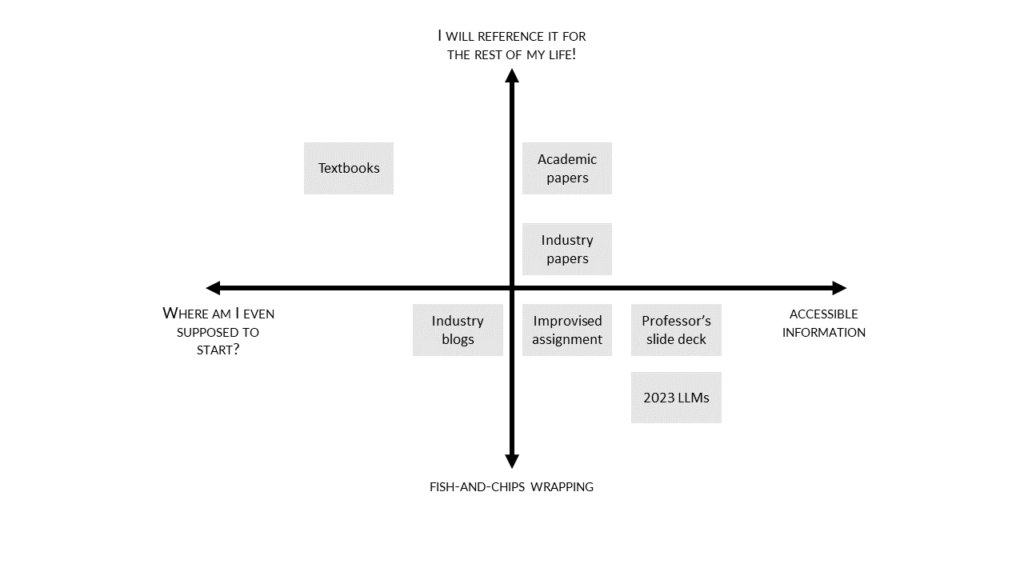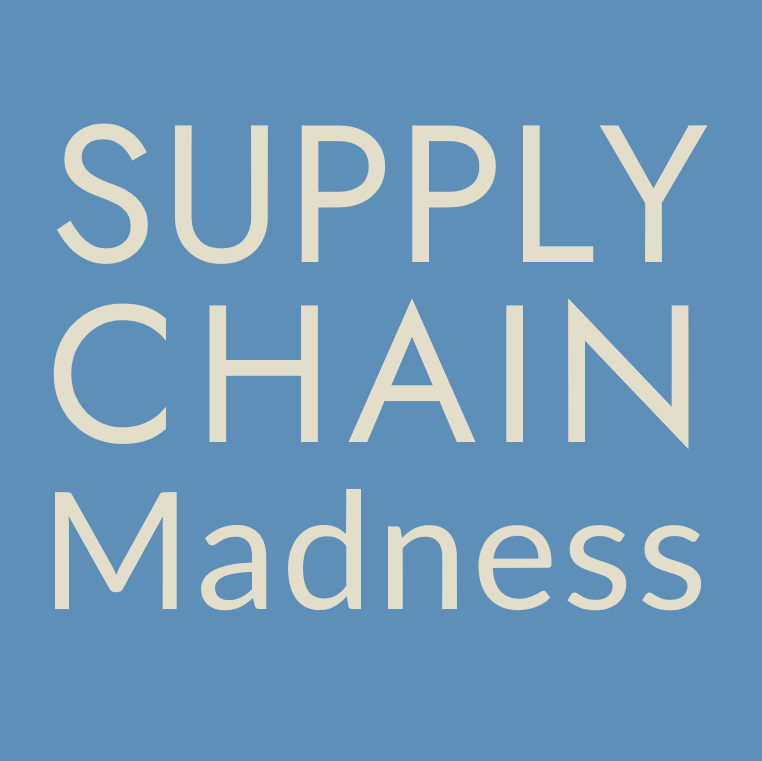Good academic textbooks are rare, and finding one that explains exactly what you need is like hunting for unicorns. Despite the lack of good books, course manuals sell for top prices and are recommended by lead professors. Is there a way out?
Why do texbooks suck?
The reason behind this lack of user focus lies in the economics of academic publishers: industry consolidation and the commoditization of knowledge.
Industry consolidation is necessary to operate at scale, and make sure that the book is always available to students and its content adherent to academic jargon. There is only a handful of publishers in the market, and their main business is getting the (few) universities around to adopt their handbook – instead of the same book by another publisher. Therefore, the main goal of an academic book is not just to be sold in large quantities: it is to splash the other books out of the water.
The consequence in terms of book content is for publishers to go to market with a new edition – even when it is unclear whether a new edition is really necessary – and remain as generic as possible to have the best market-fit for their products. This brings textbooks to be:
- unnecessarily long;
- often internally incoherent, re-explaining the same technical terms in different chapters;
- very shallow, as only the minimum level of knowledge can sell everywhere.
The main point of adopting one textbook – a structured approach to knowledge transfer – is entirely lost.

What is reasonable to expect from content?
Technical manuals are extremely helpful and good technical manuals should save time instead of taking time from the reader and yet they are very few. What’s worse, as professors are tasked with coming up with one textbook, they default on some generic, shallow, and often off-mark tome. This is largely apparent when after reading a 100-pages strong chapter, the student is still asked to look for additional sources – all the while the large share of useful information is included in three slides. Every student once found herself feeling guilty and disoriented wondering “were the last 20 pages worth the effort?”. This is not uncommon and is not the learner’s fault, but rather the book’s.
Do course materials have to suck balls? I believe not. The main goal of this website is to provide a high-quality take on supply chain management topics. In other words, the contents on this website aim to be straight down the middle of production value and information content. This website is here to move past the conundrum. Free content, high production value, and explanatory.

Leave a Reply